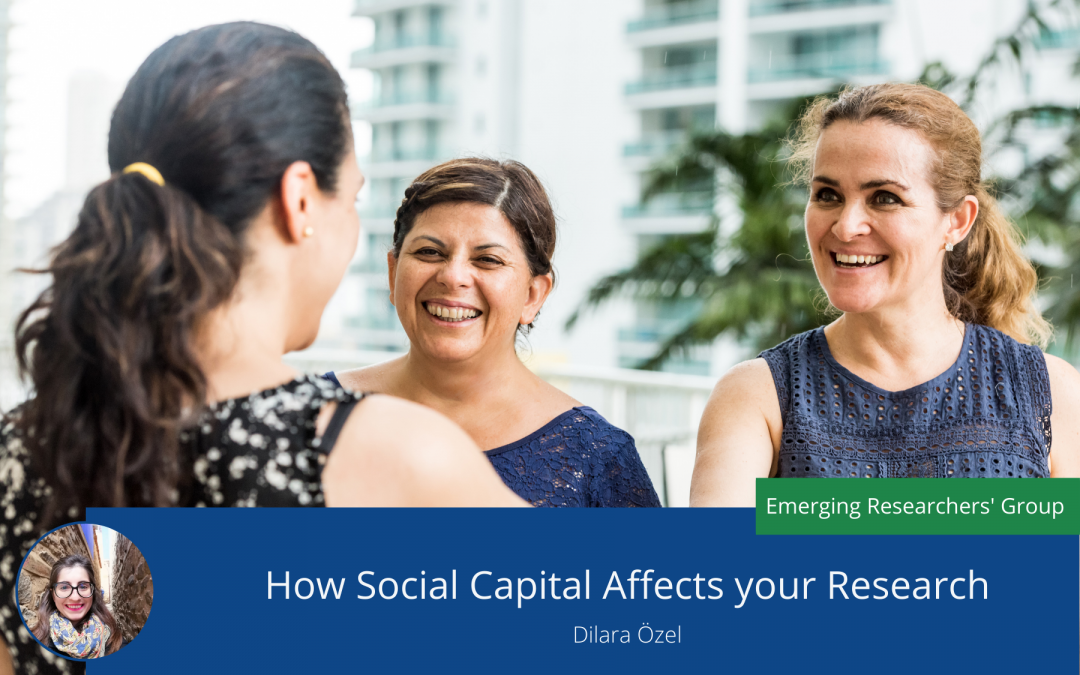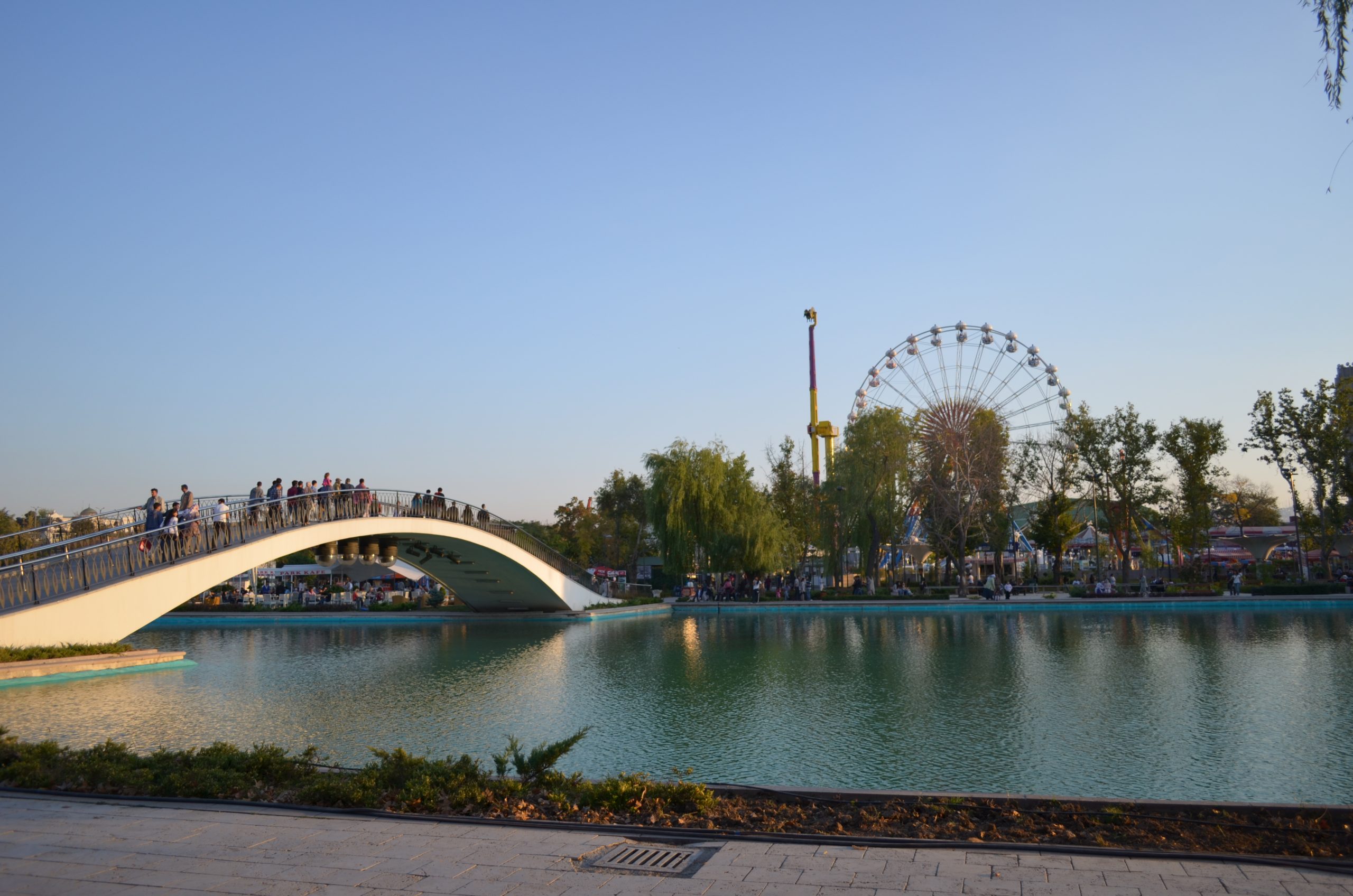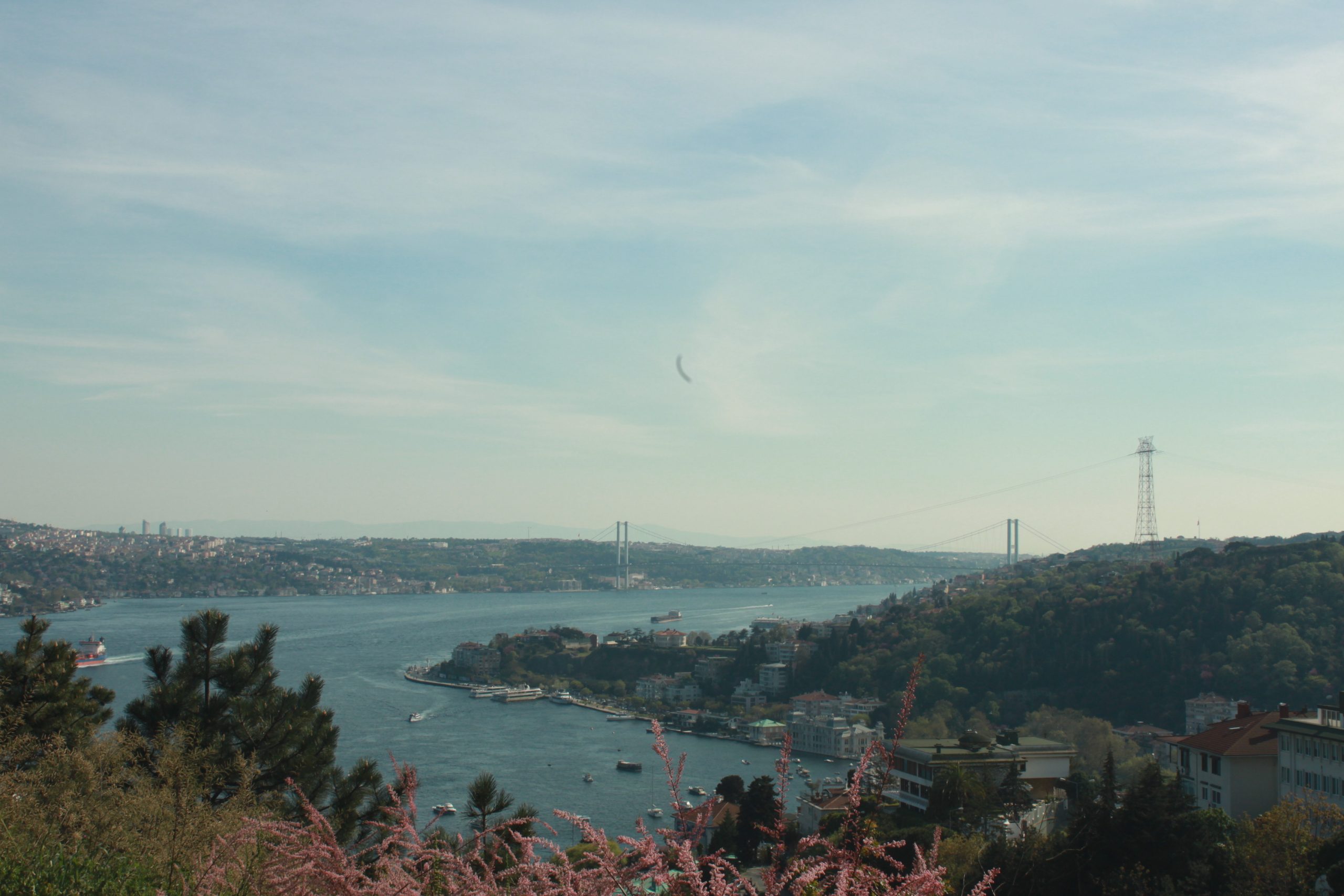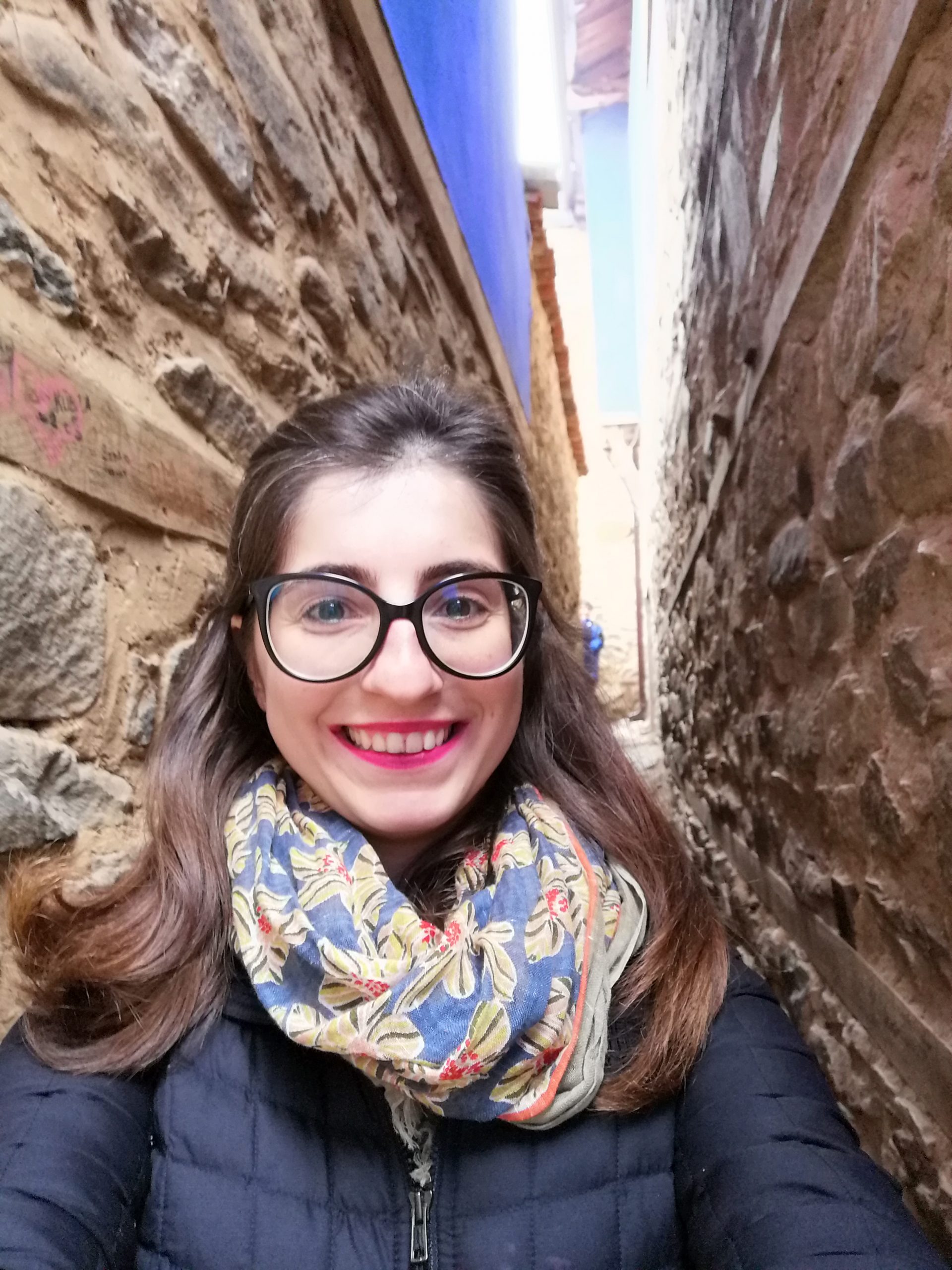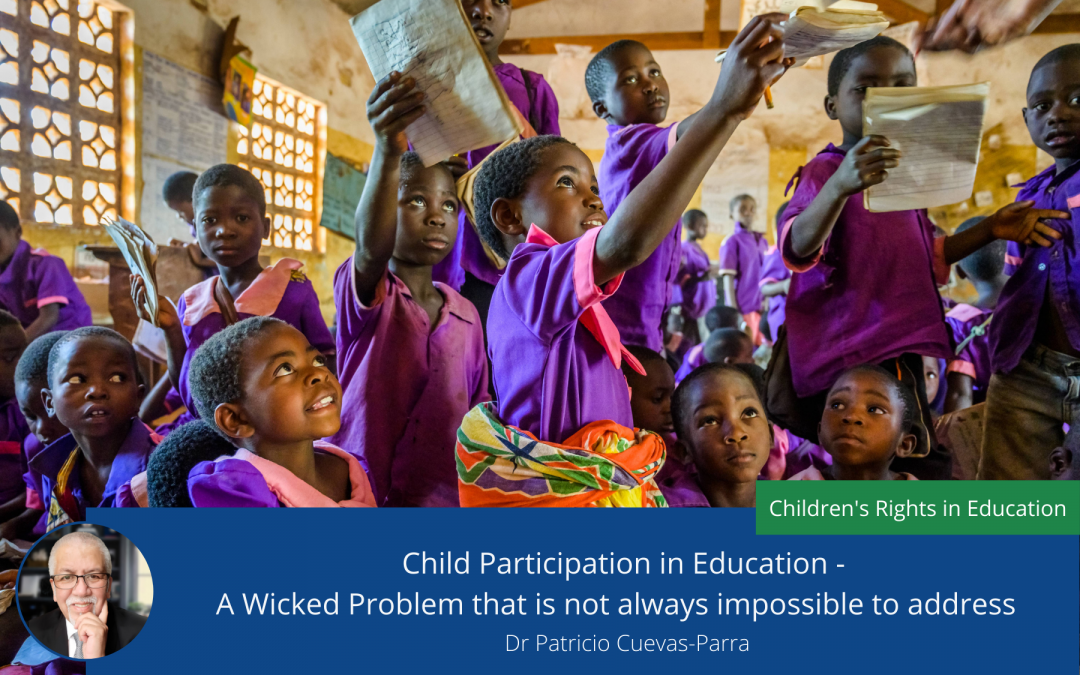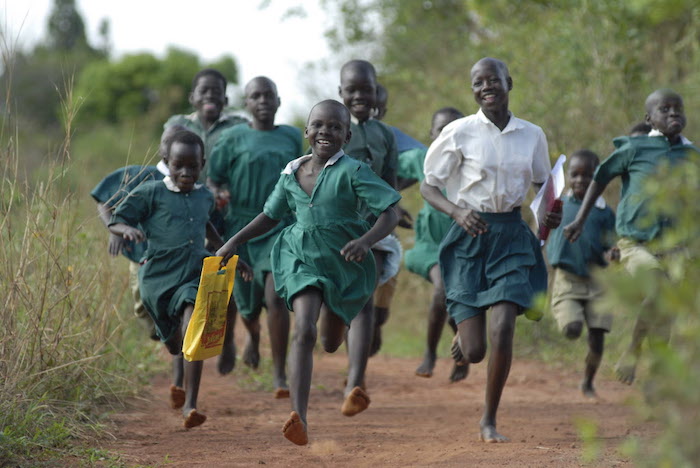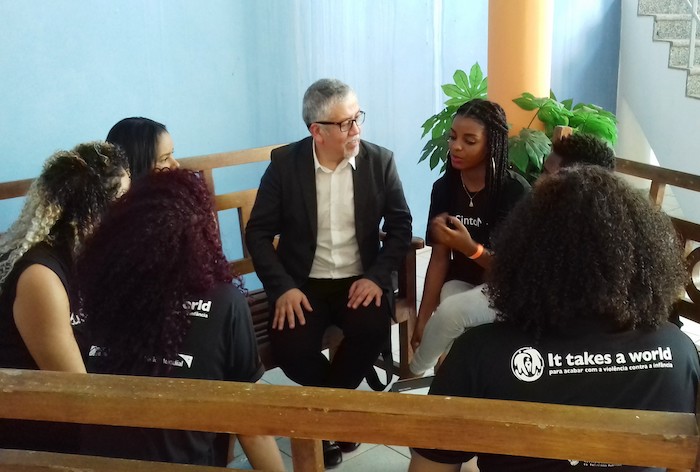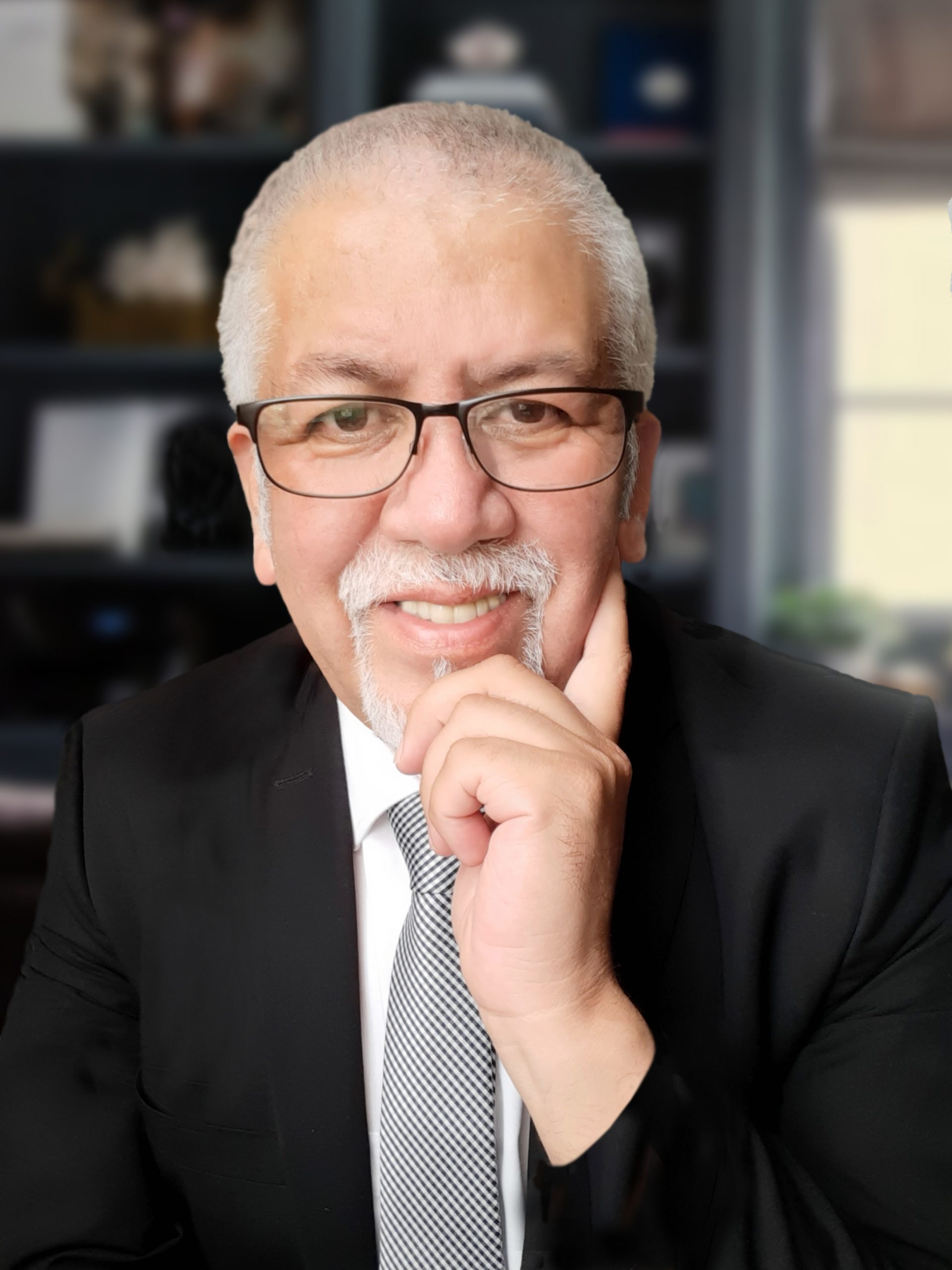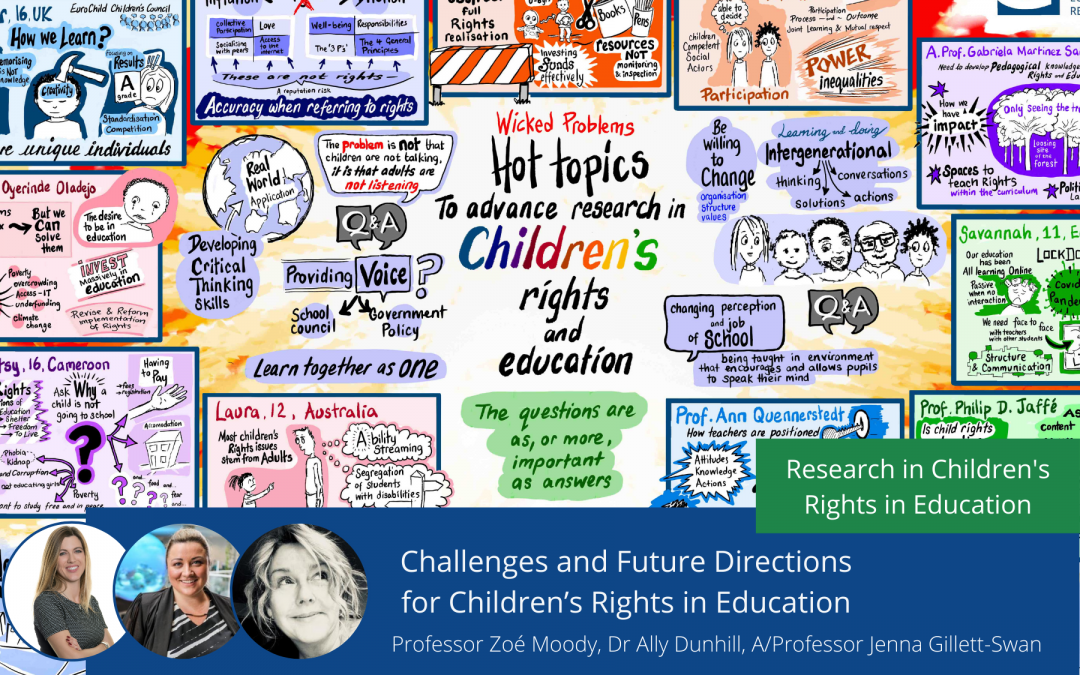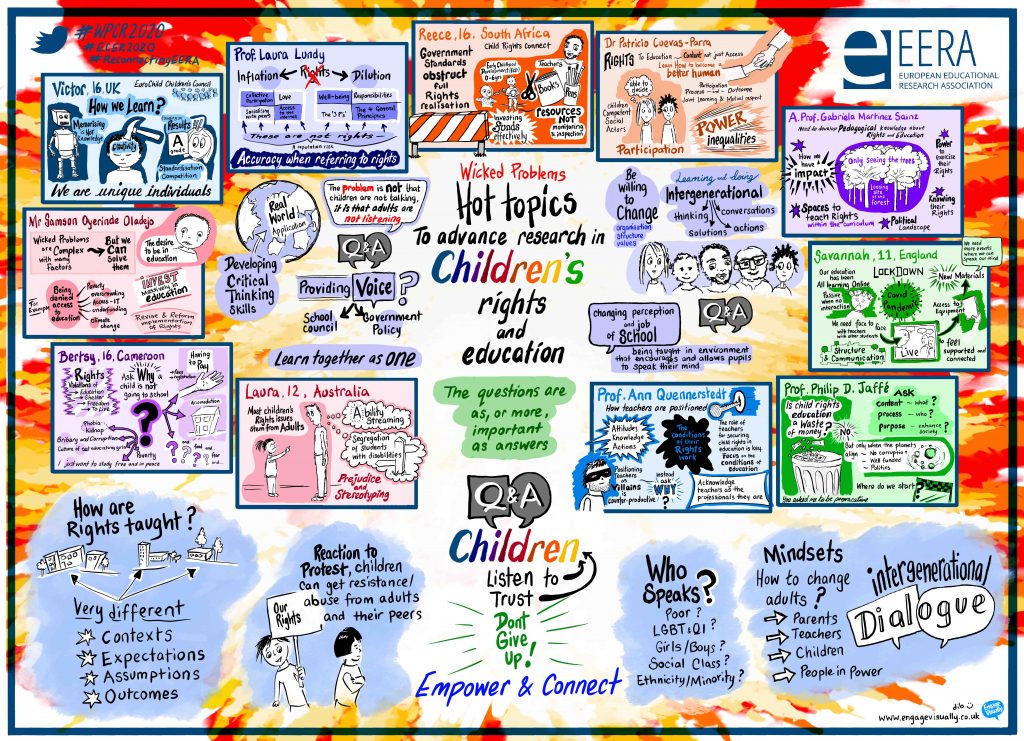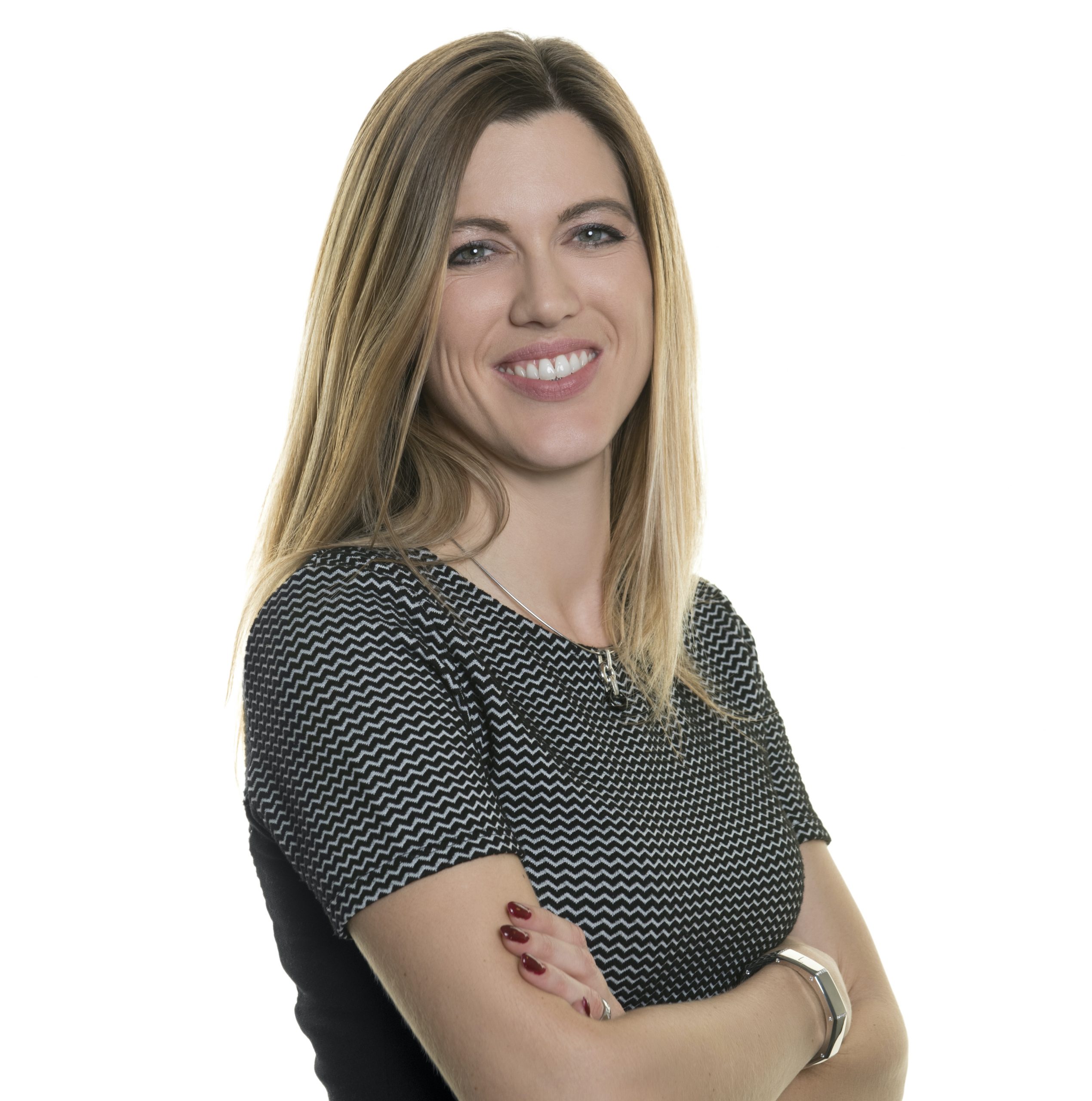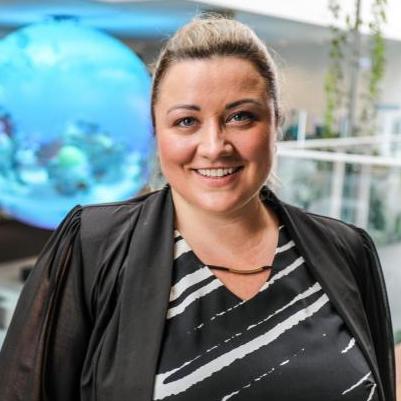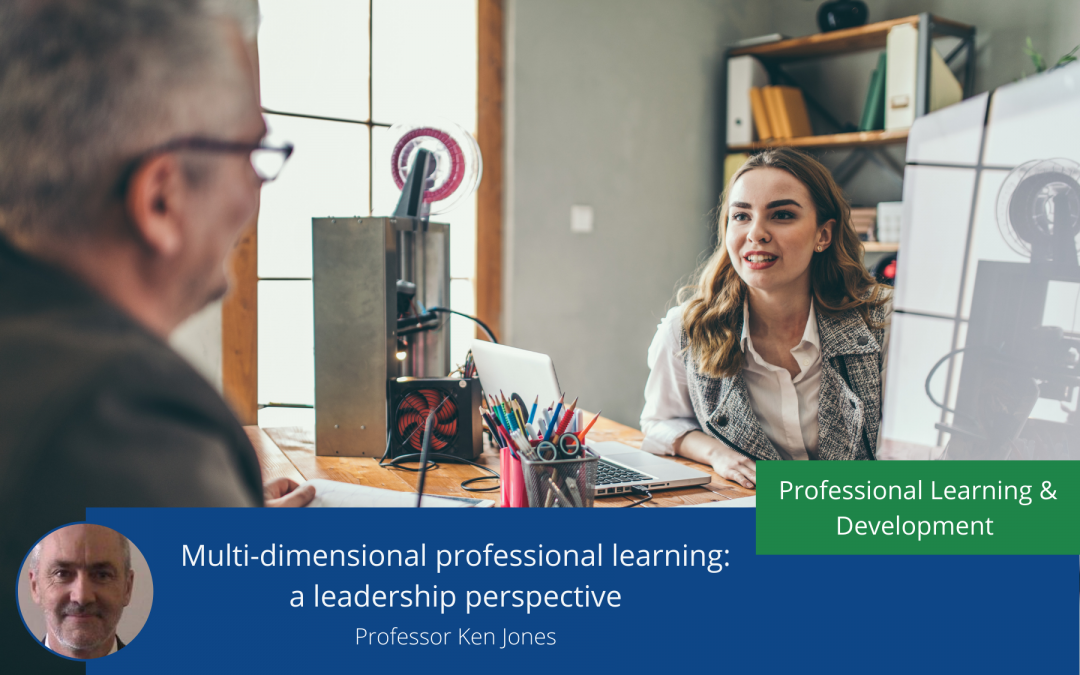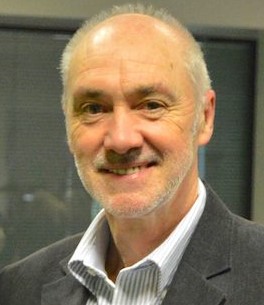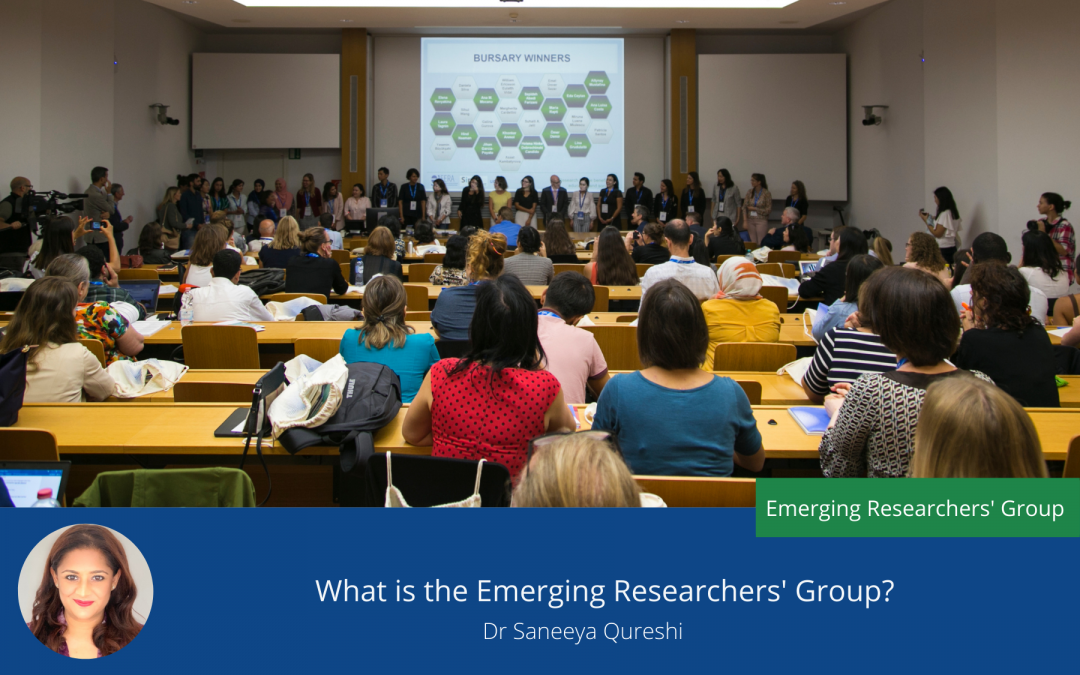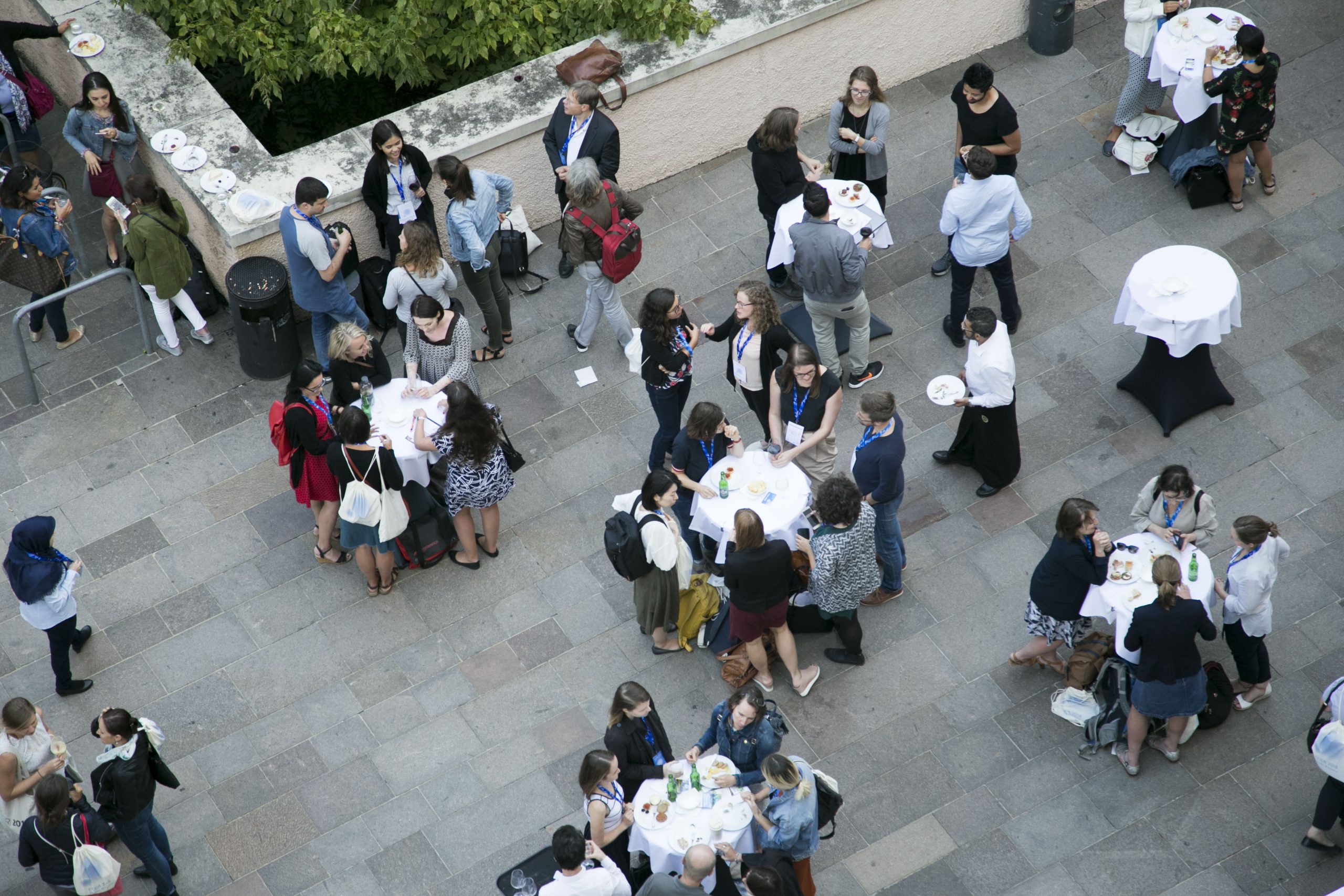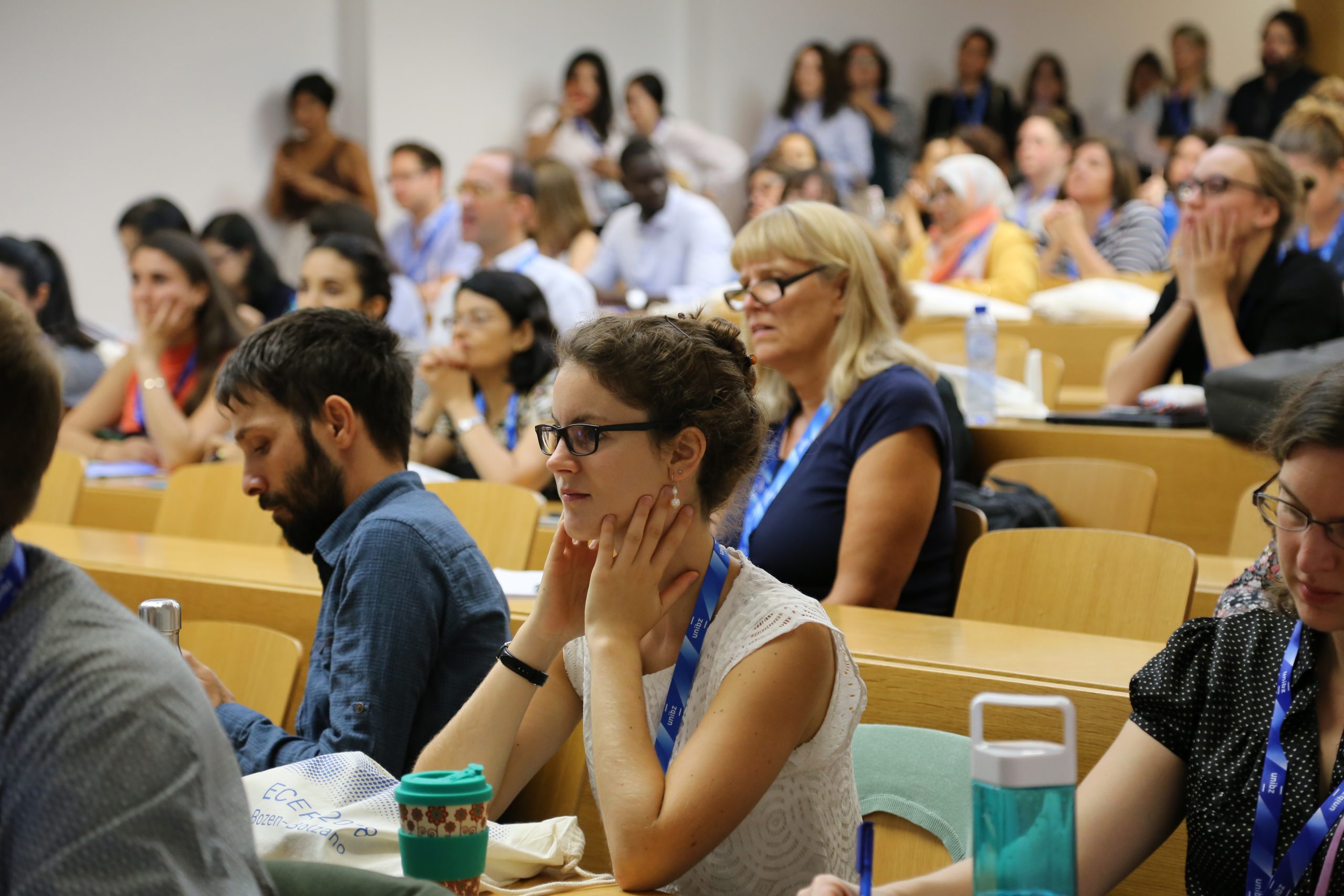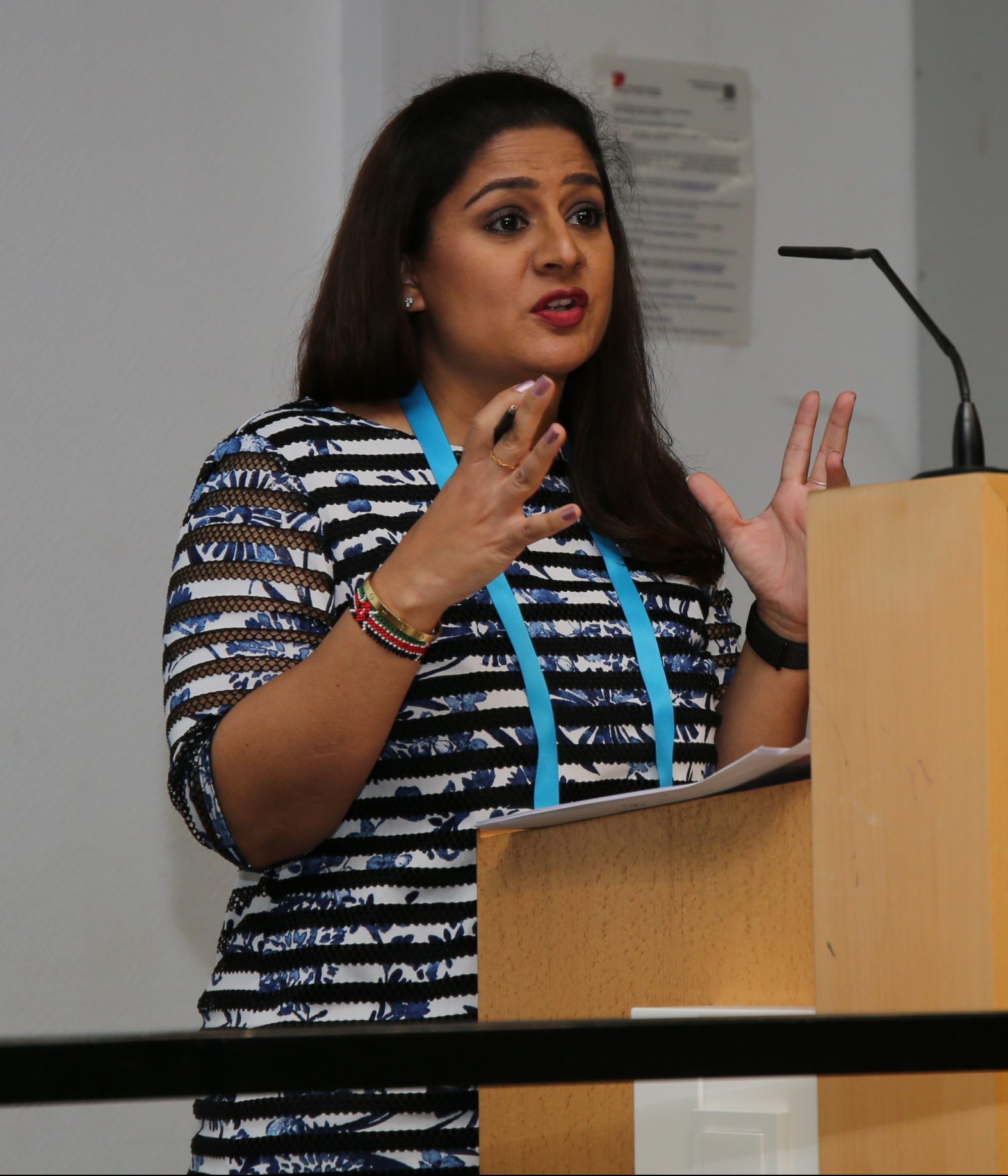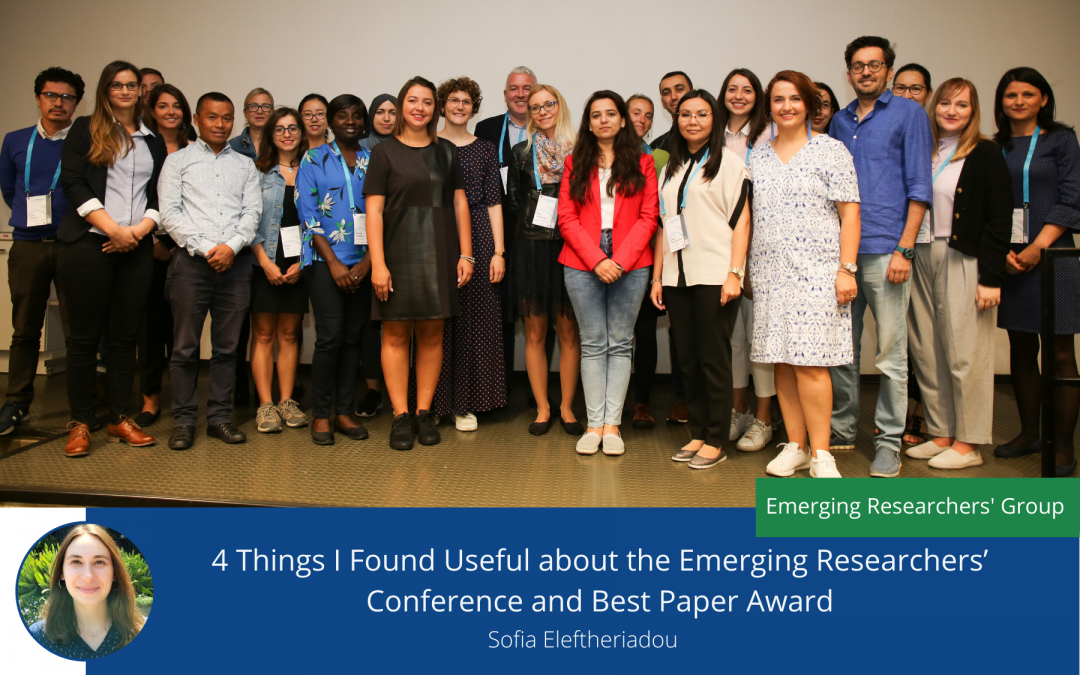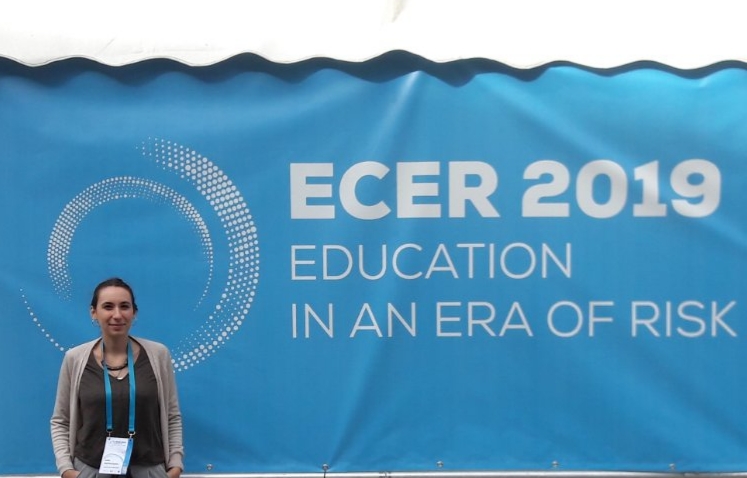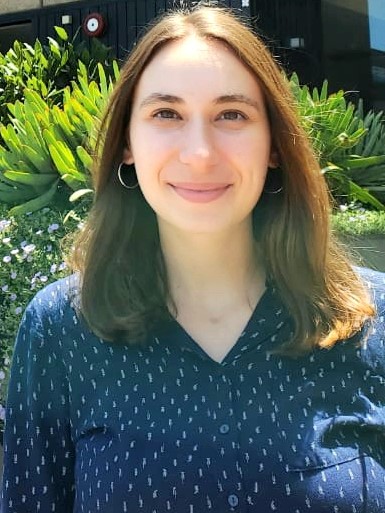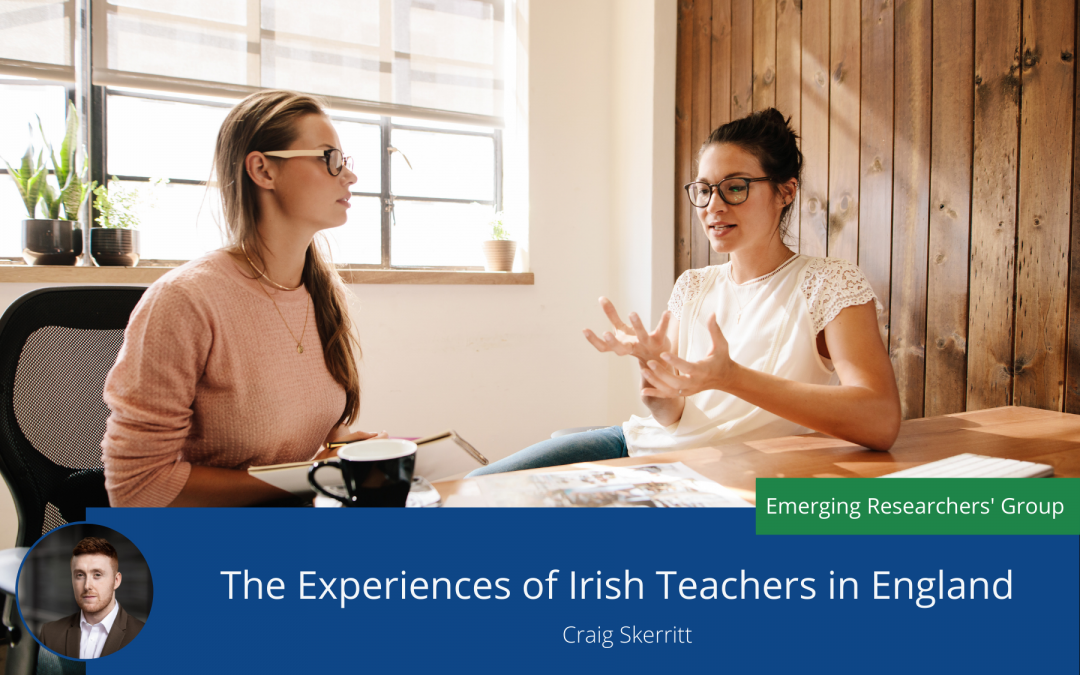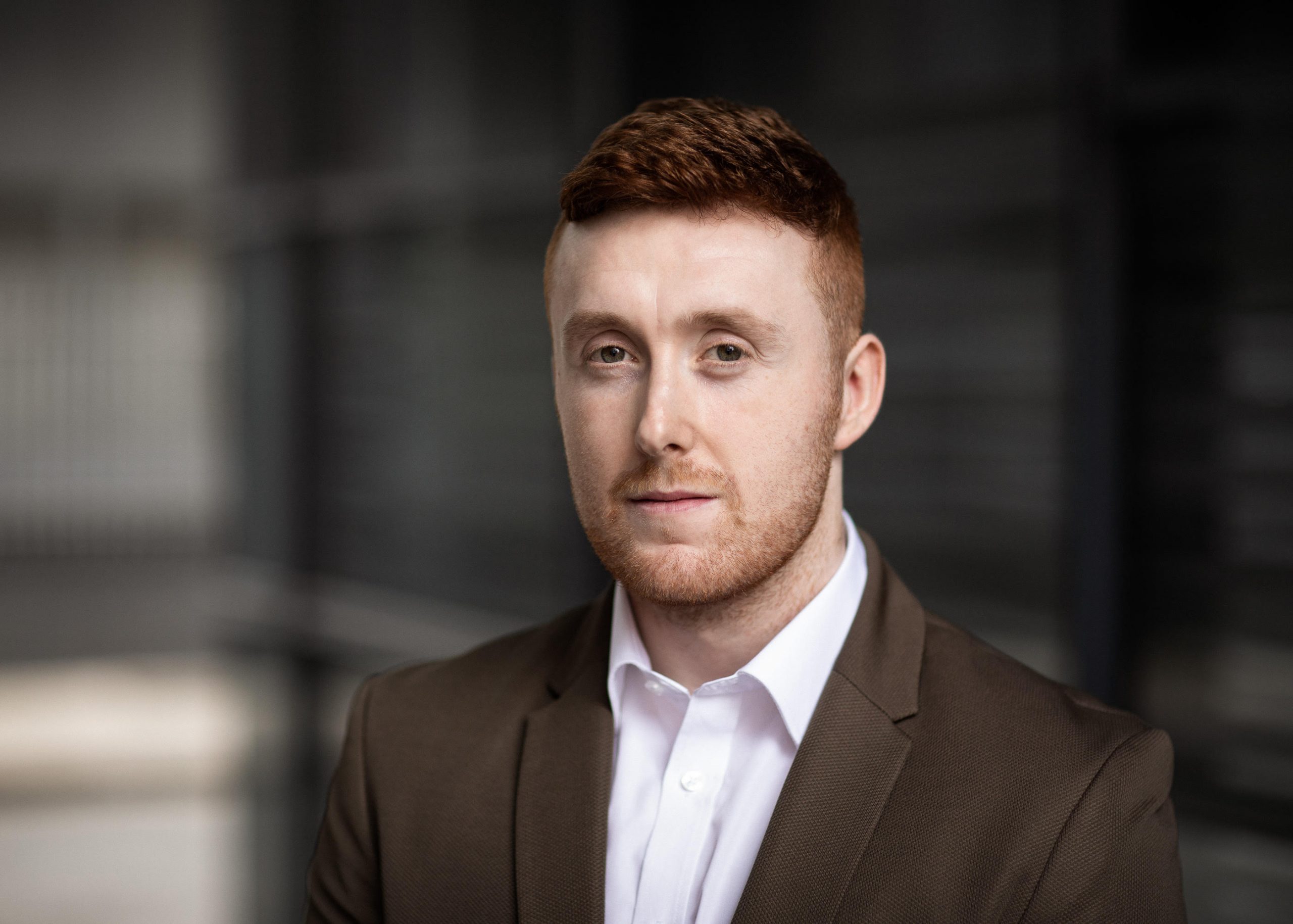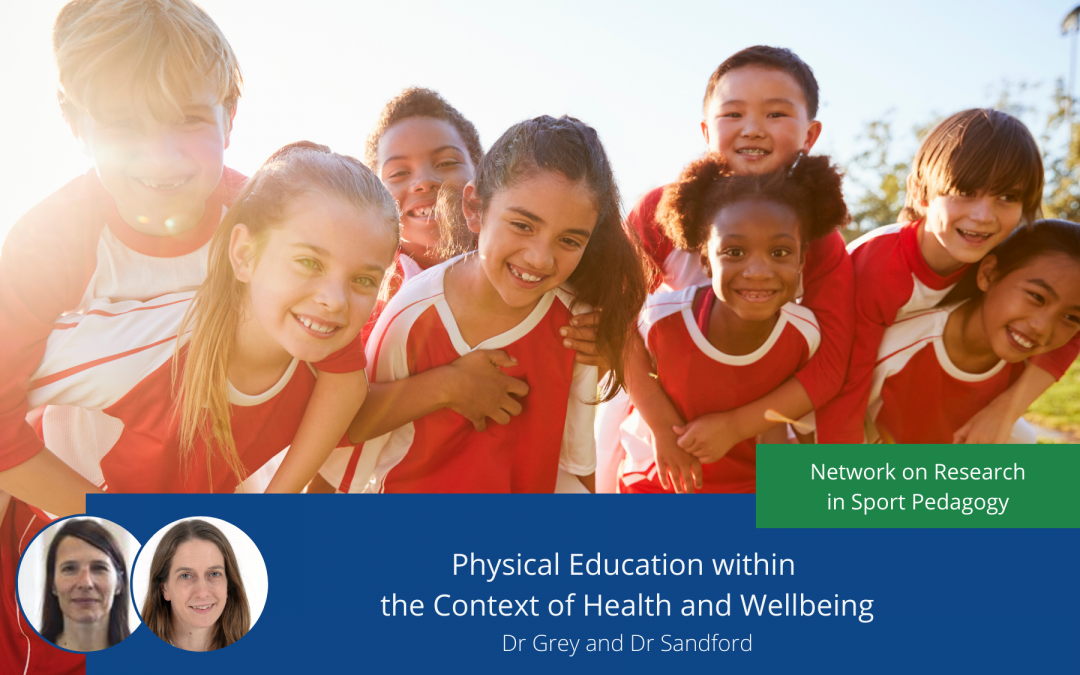
The Challenges and Opportunities of Physical Education within the Context of Health and Wellbeing
During the #ReconnectingEERA online conference, that replaced the planned 2020 ECER conference in Glasgow, the Network 18 (Research in Sport Pedagogy) symposium on 27th August 2020 was attended by around seventy delegates from across Europe. The symposium was originally planned as a ‘local context’ contribution within NW18’s programme of activities at the Glasgow conference, where it was intended to showcase just some of the excellent Physical Education (PE) research that is taking place in Scotland. The symposium was organised in collaboration with SERA and their PE network (ScotPERN) in order to build capacity, share ideas and facilitate conversations. Dr Shirley Gray and Dr Rachel Sandford provide an overview of the online symposium, reflect on the discussion generated and consider implications for future research agendas.
Curriculum for Physical Education in Scotland
Scotland offers a rich site for educational research, given that it is now ten years on from the introduction of a new curriculum, the Curriculum for Excellence (Scottish Government, 2004). During this time, there have been several curriculum reviews, recommendations and further policy developments, which have presented numerous challenges for teachers. This was particularly evident with the PE curriculum, which in 2010 was relocated from the ‘Expressive Arts’ curriculum to the ‘Health and Wellbeing’ curriculum.
Whereas initially, teachers were supported by just two pages of broad curricular guidelines (Scottish Government, 2009), today they work with twenty-two pages of specific benchmarks (Education Scotland, 2017). These benchmarks indicate what pupils should be able to know and do as they progress through school. The programme for high stakes examinations in the senior years (ages 16-18 years) has also undergone several changes over recent years, and debates remain ongoing as to how they might be further developed in the future.
Research in Physical Education in Scotland
Researchers in PE in Scottish universities have been fascinated by these developments and have spent the last ten years exploring the impact of the new curriculum on teachers’ learning, practice and the learning experiences of students. Specific areas of research have included:
- exploring the curriculum development process;
- understanding the nature and role of health and wellbeing within the context of PE;
- teacher change;
- in-service and pre-service teacher learning;
- teaching social and emotional wellbeing;
- the role of digital technology and social media in how young people learn;
- gender issues in PE, and;
- critical pedagogies of affect.
Online Symposium at #ReconnectingEERA
The online symposium consisted of five presentations that exemplified just some of the work that has been done within these areas in recent years. Some of the references for this work can be found below.
The first presentation was by Dr Andrew Horrell from the University of Edinburgh. He presented findings from a study that took place at the time teachers were planning their new curricula in line with policy demands. He highlighted the ways in which regimes of accountability exerted a powerful influence on teachers and had a significant impact on the decisions they made about curriculum design.
The next presentation was by Professor Kirk, Cara Lamb and Dr Eishen Teraoka from the University of Strathclyde. They presented the findings from two studies that explored the pedagogies of PE teachers who paid specific attention to pupils’ learning in the affective domain. The first study explored the perceptions and experiences of teachers who were committed to engaging with pedagogies of affect. In the second study, they highlighted the challenges that teachers faced when attempting to learn and enact an activist intervention specifically designed to support girls’ positive experiences in PE.
Following this, Elaine Wotherspoon from the University of the West of Scotland reported the findings from her study that explored recently graduated PETE students’ levels of preparedness for teaching PE within the Health and Wellbeing curriculum. She discussed the factors that contributed to their feelings of preparedness, but also highlight that, the more they learned ‘on the job’, the less they felt that their PETE experience sufficiently prepared them for their entry into the profession.
In the final presentation, Dr Jess and colleagues from the University of Edinburgh presented their findings from the first phase of a longitudinal study exploring the professional visions of final year PE students. Guided by complexity thinking, they analysed twenty student essays that focussed on a future vision for PE. Results highlighted a diverse range of ideas and a discussion followed about the various factors that teachers will need to negotiate if their vision is to be realised.
In summary, these four presentations provided an insight into just some of the academic work that is being carried out in Scotland within the broad field of physical education. Together, they helped to showcase how the new Scottish curriculum has provided an exciting backdrop for educational research. This research provides academics, working with/alongside teachers, the opportunity to explore how PE practice might best ensure that young people have positive, healthy and meaningful experiences now and in the future.
In sharing this work and inviting comment, the symposium offered an opportunity for attendees to discuss key issues around health, PE and the curriculum, and make relevant connections to their own contexts. One exciting outcome here is that those delegates in attendance from Wales, a country that is currently going through very similar curriculum reform, sought to continue discussions with the panel beyond the symposium and now plan to organise a further joint symposium in the future.
The online symposium has served not only to raise the profile of educational research in Scotland but also to forge stronger connections between the ScotPERN and NW18 networks and identify opportunities for future collaborative research within Europe and beyond.
If you would like to see these presentations, then you can find them on the SERA ‘connects’ YouTube channel here:

Dr Shirley Gray
Senior Lecturer, University of Edinburgh
Dr Shirley Gray is a Senior Lecturer in Physical Education at the University of Edinburgh. Her research focuses on issues relating to gender and equality, social and emotional learning, pupil motivation and the professional learning of teachers.
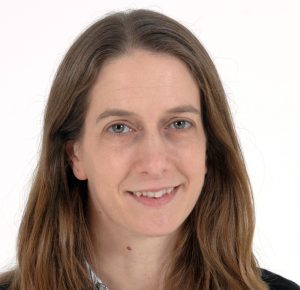
Dr Rachel Sandford
Senior Lecturer, Loughborough University
Dr Rachel Sandford is a Senior Lecturer in Young People and Sport at Loughborough University, UK. Her research centres on young people’s attitudes towards, experiences of and development in/through sport and physical activity. She has a particular interest in issues around popular culture, embodied identity and positive youth development.
References
Scottish Government (2004) A curriculum for excellence. (Glasgow, Learning and Teaching Scotland).
Scottish Government (2009) Curriculum for excellence: health and wellbeing: experiences and outcomes. (Glasgow, Learning and Teaching Scotland).
Education Scotland (2017). Benchmarks: Physical Education.
Scottish Research References
Carse, N, Jess, M & Keay, J. (2020), ‘Primary Physical Education in a complex world (Part 4): Advocating for the Education in Primary Physical Education‘ Physical Education Matters, pp. 21-23.
Carse, N, McMillan, P, Jess, M, McIntyre, J & Fletcher, T. (2018).Exploring the collaborative in a collective self-study. in D Garbett & A Ovens (eds), Pushing Boundaries and Crossing Borders: Self-Study as a Means for Researching Pedagogy . University of Auckland, pp. 489-496.
Craig, M, Thorburn, M, Mulholland, R, Horrell, A & Jess, M. (2016). ‘Understanding professional issues in physical education: A Scottish insight‘, Scottish Educational Review, vol. 48, no. 2, pp. 80-100.
Gray, S., Wright, P., Sievwright, R., & Robertson, S. (2019). Learning to Use Teaching for Personal and Social Responsibility Through Action Research. Journal of Teaching in Physical Education.
Horrell, A., Sproule, J. & Gray, S., (2011). Health and wellbeing: a policy context for physical education in Scotland. Sport, Education and Society. 17(2) 163-180
Jess, M, Keay, J & Carse, N. (2019) ‘Primary physical education in a complex world (part 1)‘ Physical Education Matters, vol. 14, no. 2, pp. 23-25.
Kirk, D., Lamb, C. A., Oliver, K. L., Ewing-Day, R., Fleming, C., Loch, A., & Smedley, V. (2018). Balancing prescription with teacher and pupil agency: spaces for manoeuvre within a pedagogical model for working with adolescent girls. Curriculum Journal, 29(2), 219-237.
MacIsaac, S., Kelly, J. & Gray (2017). ‘She has like 4000 followers!’: the celebrification of self within school social networks. Journal of Youth Studies.
MacLean, J., Mulholland, R., Gray, S. & Horrell, A. (2015) Enabling Curriculum Change in Scotland – PE Teacher and Policy Constructors’ Perceptions compared. Physical Education and Sport Pedagogy.http://dx.doi.org/10.1080/17408989.2013.798406.
Mcmillan, P 2017, Understanding physical education teachers’ day-to-day practice: Challenging the ‘unfair’ picture. in M Thorburn (ed.), Transformative Learning and Teaching in Physical Education. Routledge Research in Education, Routledge, Abingdon; New York, pp. 159-175.
Roberts, J, Gray, S & Camacho-Miñano, MJ. (2019). ‘Exploring the PE contexts and experiences of girls who challenge gender norms in a progressive secondary school’, Curriculum Studies in Health and Physical Education. https://doi.org/10.1080/25742981.2019.1696688
Stewart, S., Gray, S., Kelly, J. & MacIsaac, S. (2019). Investigating the development of masculine identities in physical education. Sport Education and Society.
Teraoka, E., Ferreira, H. J., Kirk, D., & Bardid, F. (Accepted/In press). Affective learning in physical education: a systematic review. Journal of Teaching in Physical Education.

